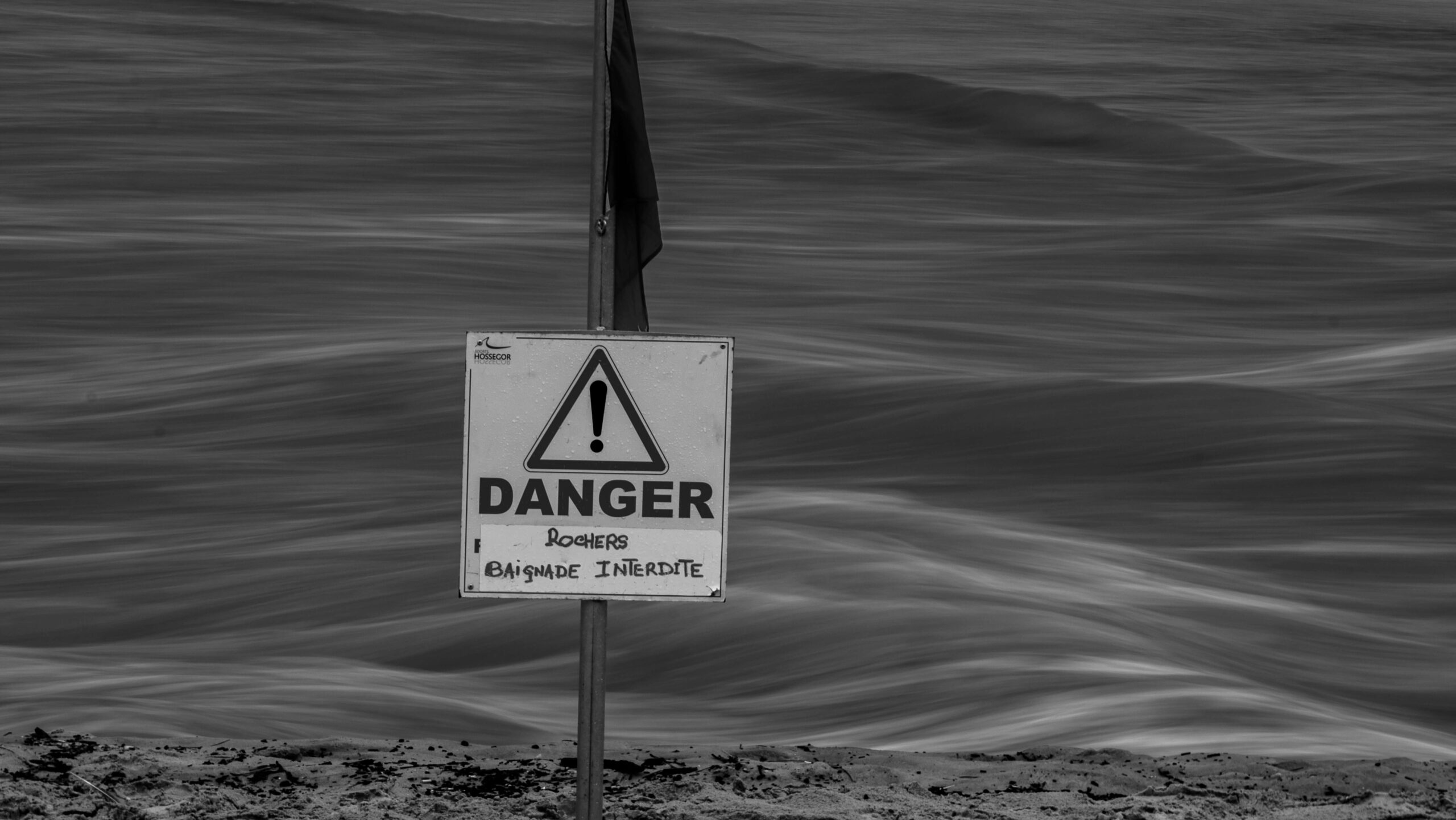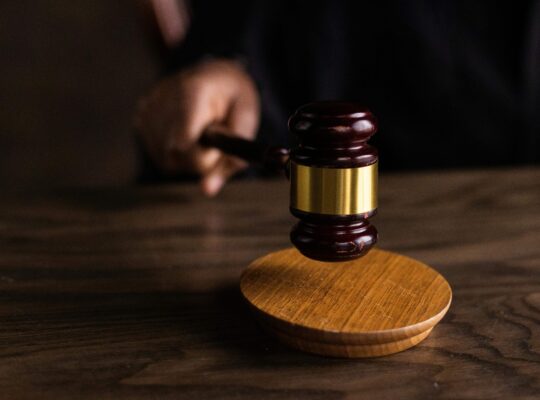A power of attorney (POA) is a legal document granting a person the authority to make decisions on your behalf. It includes financial decisions like the management of assets, payment of bills, and handling of investments. Typically, a POA is established when an individual is in need of making sure that affairs are taken care of in the event they are unable to make decisions for themselves as a result of illness, disability, or other circumstances. Despite this being the case, is power of attorney responsible for nursing home bills?
Responsibilities of a POA
After being appointed as a POA, there are responsibilities and obligations that a person assumes. Although the responsibilities vary depending on the terms outlined in the POA document and the jurisdiction in which the document is created, the common ones are:
- Acting in the best interest of the principal – As a POA, one has a fiduciary duty to act in the best interest (act in good faith) of the principal and make decisions that are in alignment with their wishes and values. This is while avoiding conflict of interest.
- Management of financial affairs – The POA is tasked with managing the financial affairs of the principles, such as payment of bills and managing existing investments.
- Making healthcare decisions – The agent might have the authority to make healthcare decisions like consenting to medical treatment or choosing a healthcare provider on behalf of the principal.
- Keeping accurate records – The POA is in charge of proper record-keeping for all financial transactions and decisions made on behalf of the principal.
- Reporting and communication – The POA is required to provide regular updates to the principal or other designated individuals concerning the status of the principal’s affairs and any decisions made.
Overview of Nursing Home Bills
Due to the likelihood of nursing home bills being a major expense for individuals and families, it is important for them to have a proper understanding of the factors contributing to the cost of nursing home care.
Such costs vary depending on the facility location, the level of care required, and the amenities and services provided. In general, the costs of nursing home care are broken down into two components: room and board healthcare services.

Room and board expenses cover the costs of accommodation, meals, housekeeping services, and other daily living expenses. Healthcare services, on the other hand, include medical care, assistance with daily activities, management of medication, and other healthcare-associated expenses.
With this being said, you need to be aware that nursing home costs are not covered by Medicare. This federal health insurance program covers a limited stay in a skilled nursing facility for people meeting certain criteria like a hospital stay of at least 3 days before admission to the nursing home.
Such nursing home costs are covered by Medicaid, but only for people who are eligible. Also, people with long-term insurance are likely to have their nursing home expenses covered, depending on the policy terms.
Is Power Of Attorney Responsible For Nursing Home Bills
Is power of attorney responsible for nursing home bills? The responsibility of paying nursing home bills falls on the person receiving the care, the selected insurance provider, or government programs like Medicaid. Therefore, no, a power of attorney is not personally responsible for paying for the nursing home bills of the person they represent (principal). This is despite them being in charge of managing their finances.
The reasons why this is the care include them not being responsible for the debts of the principal. Hence, despite being entrusted to make financial and legal decisions for the principal, they lack responsibility over debts. Another reason is that the estate (principal’s estate), which includes assets like savings, is the one responsible for the payment of nursing home bills. Also, as the POA, you are mandated to use the principal’s resources in paying the bills, not your own.
Another reason and perhaps the one that stands out the most is prohibition by federal regulations. This is because nursing homes are prohibited by federal regulations from holding a third party like a POA, personally liable for the bills of the principal.
Related Article: Do Lawyers Get Paid Before Medical Bills
With this being the case, it is important not to forget that the POA has the authority to manage the principal’s finances and make decisions about the payment of nursing home bills. The POA is allowed to use the principal’s funds to pay for nursing home expenses, provided that they are in alignment with the principal’s best interest and wishes. In case the principal lacks enough funds to cover the cost of nursing home care, the responsibility of payment falls on other sources like Medicaid and long-term care insurance.
What to Do As a POA when Faced with Nursing Home Bills
When faced with nursing home bills, some of the steps you can take as a POA include:
- Reviewing the POA document – Carefully review the POA document in order to understand the scope of your authority. Also, you will need to do it to understand any specific instructions or limitations related to the management of finances and healthcare decisions. The document is what would ensure that you are acting in accordance with the wishes and best interests of the principal.
- Assessing the financial situation – Conduct an evaluation of the available financial resources to the principal. You need to review assets, income, insurance coverage, and eligibility for government assistance programs like Medicaid. Doing this will provide you with an understanding of the financial situation and act as a stepping stone in making informed decisions and exploring available options.
- Consulting with legal and financial professionals – Seek guidance from legal and financial professionals specializing in elder law and long-term care planning. Such professionals would provide you with valuable advice and assistance in navigating the legal and financial aspects which are likely to be complex.

- Communicating with the nursing home and other relevant parties – Create open and transparent communication with the nursing home as well as any other parties involved in the payment of nursing home bills. Such parties include insurance providers, government agencies, and other family members. Through clear communication, you would ensure that everyone is aware of the financial arrangements and be able to work together in meeting the obligations.
- Exploring alternative funding options – In case the principal lacks enough funds to cover the costs of the nursing home care, you will have to explore alternative funding options. This will include applying for government assistance programs, seeking financial assistance from charitable organizations, and exploring other sources like veterans’ benefits or reverse mortgages.
- Keeping accurate records – While performing your duties as a POA, do not forget to keep accurate records. Maintain thorough and correct records of all financial transactions like receipts, invoices, and bank statements. Doing this will assist in ensuring transparency, accountability, and compliance with legal and financial requirements.
Legal Protections for POA
There are a couple of legal protections set in place to ensure that POAs fulfill their responsibilities without undue interference or liability. Although they vary depending on the jurisdiction and the specific laws governing POA, they include:
- The authority granted by the POA document – POAs derive their authority from the power of authority document itself. This is a document that outlines the scope of the agent’s authority and specifies the powers granted to them.
- Fiduciary duty – The power of attorney has a fiduciary duty to act in the best interest of the principal and make decisions that align with their wishes and values. Due to this duty, they are required to act with care, loyalty, and good faith while avoiding conflict of interest.
- Legal oversight and accountability – The power of attorney is subject to legal oversight and accountability. They are required to provide regular reports or accountings to the court or other designated people regarding the management of the affairs of the principal.
- Legal remedies for abuse or misuse – There are legal remedies available in case a power of attorney abuses or misuses their authority. They include seeking a court order to revoke or modify the power of attorney, filing a lawsuit for damages, or pursuing criminal charges for fraud or financial exploitation.
Alternatives to Power of Attorney (POA) for the Management of Home Bills
Although the power of attorney is effective in the management of financial matters, there are alternative options for people who are unable or unwilling to appoint a POA.
- Living will or advance healthcare directive – This is a legal document that allows people to specify their healthcare preferences and designate a healthcare proxy. The proxy would be in charge of making healthcare decisions on their behalf in case they are unable to do so. The document specifically focuses on healthcare decisions and does not grant authority over financial matters.
- Trusts – It is a legal entity that holds and manages assets on behalf of a beneficiary. Creating a trust would enable a person to appoint a trustee to manage their assets and make financial decisions on their behalf. Since it allows greater control and flexibility in asset management, a trust can be helpful in managing nursing home bills and other financial matters.
- Guardianship or conservatorship – In situations where a person is not able to make decisions for themselves and has not appointed a POA, a guardianship or conservatorship might be established by the court. A guardian or conservator is appointed to make decisions on behalf of the incapacitated person. It is recommended that this ought to be the last resort since it involves a court process and might result in the loss of personal autonomy.
Conclusion
The power of attorney is not automatically responsible for nursing home bills as the responsibility falls on the individual receiving the care, the insurance provider, and or the relevant government assistance program. To properly navigate the situation, it is essential to involve a legal professional. This is preferably a professional with expertise in elder law and long-term care planning.








